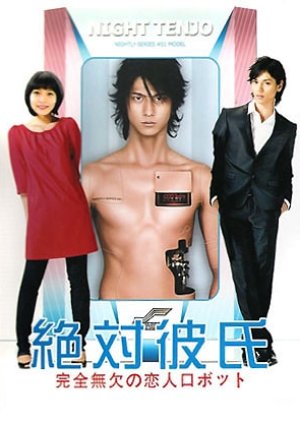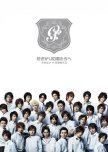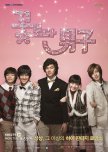


SIMILARITIES:
Both Japanese dramas explore how AI - human romantic relationships might occur
Both examine ethics of AI that appears identical to actual human
Both consider AI as new friend (not replacement or replica)
Both show AI as super human and functioning beyond programmed parameters
DIFFERENCES:
PAtKSH = female AI ZK = male AI
PAtKSH = 2020 Japanese 8 episodes ZK = 2008 Japanese 11 episodes
Both Japanese dramas explore how AI - human romantic relationships might occur
Both examine ethics of AI that appears identical to actual human
Both consider AI as new friend (not replacement or replica)
Both show AI as super human and functioning beyond programmed parameters
DIFFERENCES:
PAtKSH = female AI ZK = male AI
PAtKSH = 2020 Japanese 8 episodes ZK = 2008 Japanese 11 episodes


Both stories function of the idea of a "Risou no Kareshi" or an ideal boyfriend, though both stories have different takes on the idea (one being a contract boyfriend, the other being a robot). It's really very Japanese in execution as well, with tried and true troupes and misunderstandings to tug at your heart strings.


When her boyfriend was caught cheating on her, Terada Aki moved out of her apartment and into a sharehouse, where she found herself reunited with her first love, Hongyo Tomoya. Hongyo is novelist, but he has recently been having trouble with his writing, and he asked Terada for help - with a shocking proposal. To complicate matters, the other residents in the sharehouse also start interfering in Terada's life.

Robot maker, Kronos Heaven, finally develops "Night Tenjo", the perfect male humanoid programmed to be devoted and completely loyal to his lover. The company chooses temp worker Izawa Riiko to take part in a 5-day free trial. At first, Riiko only sees Night as a household appliance. But when she finds out how deep Night's devotion to herself is, Riiko finds herself falling in love with him. Joining the love triangle is Asamoto Soshi, a distinguished young executive at her company who has feelings for her.







































